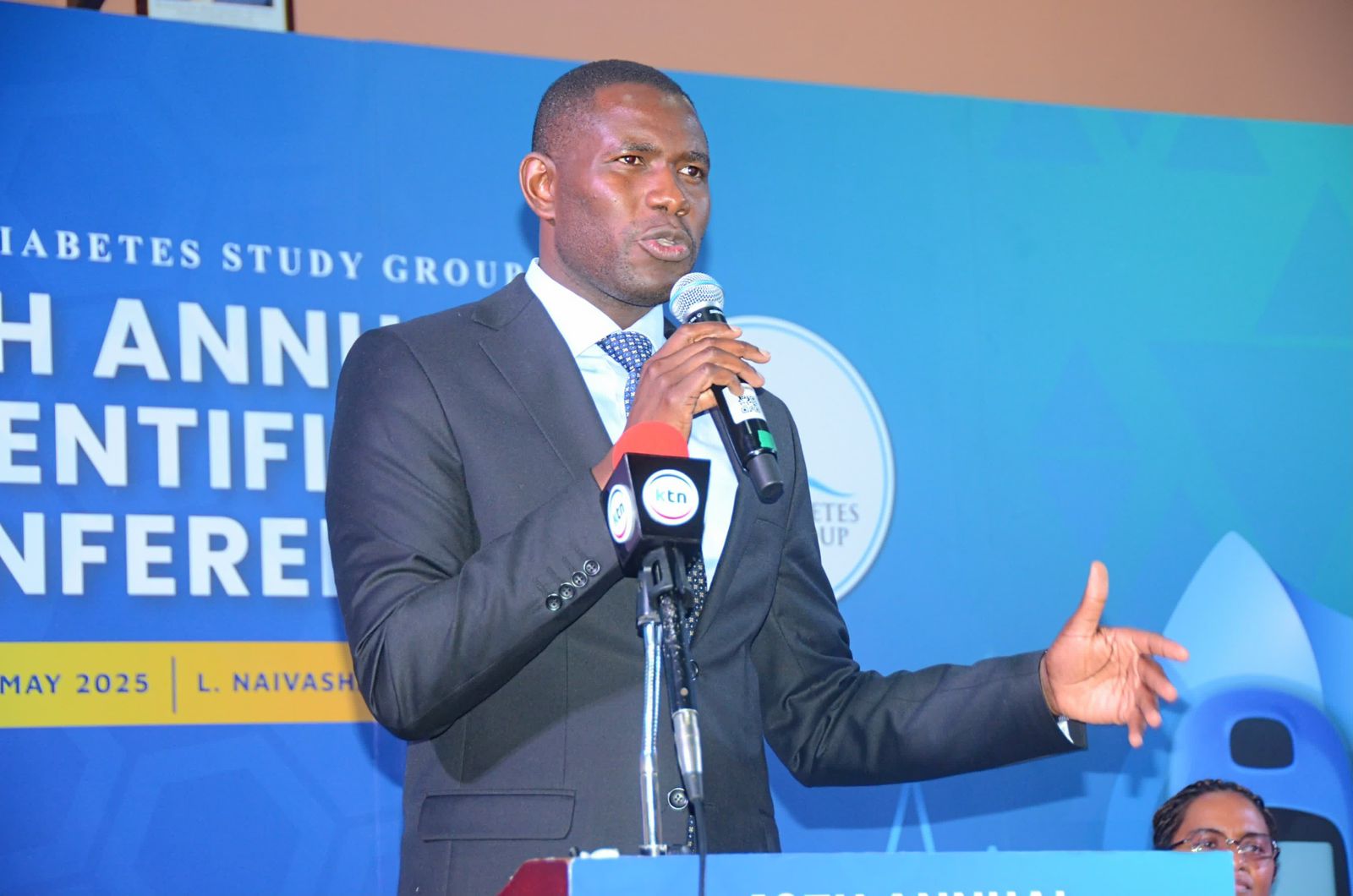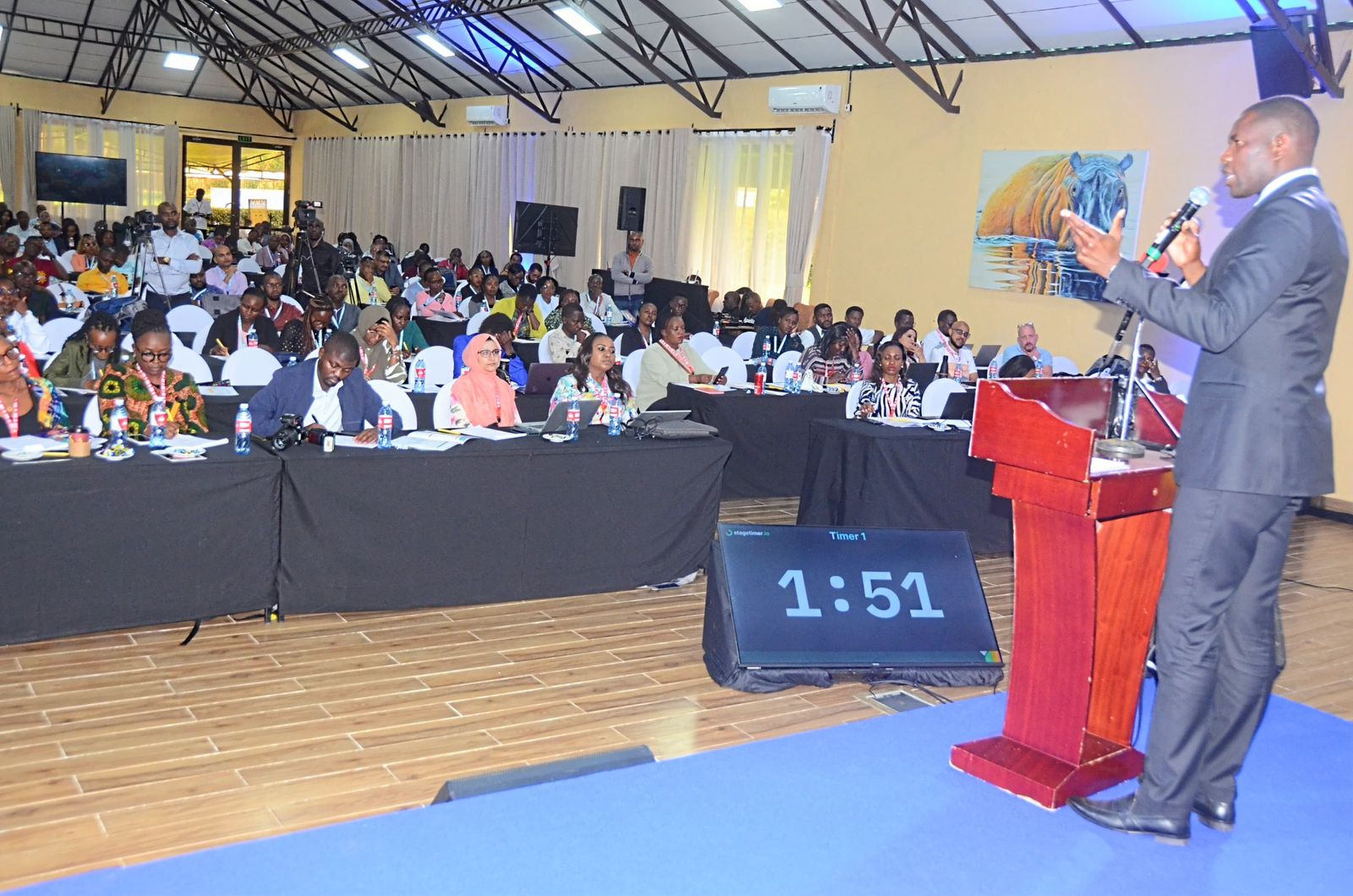
Medical Services Principal Secretary Dr Ouma Oluga has emphasised the importance of health education in addressing the growing burden of diabetes in Kenya.
Speaking during the official opening of the 10th Annual Scientific Conference of the Kenya Diabetes Study Group (KDSG) in Naivasha, Dr Oluga highlighted the Ministry of Health’s ongoing efforts to raise awareness and improve early detection and management of diabetes, particularly at the community level.
“We have made significant progress in public education on diabetes. A key achievement is the deployment of 107,000 Community Health Promoters (CHPs), each equipped with a glucometer and essential testing supplies,” Oluga said.
“Each CHP serves around 100 households, forming a countrywide network for grassroots screening and awareness.”
He further noted that the Social Health Authority, established under the Social Health Insurance Act, is now operational and managing the Primary Health Care Fund.
Through this mechanism, the ministry offers free preventive services—including diabetes screening—at all level 2 and 3 public health facilities across the country, as well as through CHPs.

According to the PS, an estimated 800,000 Kenyans are currently living with diabetes, but only 20 per cent are enrolled in comprehensive care programmes.
“This leaves over 600,000 individuals underserved, receiving substandard care. We are working on a national access programme to lower medication costs and ensure treatment continuity,” he said.
Dr Oluga also warned of a potentially much larger undiagnosed diabetic population, estimating that up to two million Kenyans could be living with undetected diabetes or in a pre-diabetic state.
“Many patients are only diagnosed after experiencing complications like kidney failure or heart attacks. This underscores the need for regular screening and public education,” he said.
He announced that the Ministry is developing a policy to reduce the cost of diabetic medication by half, working with pharmaceutical manufacturers to improve access.

Oluga commended the Kenya Diabetes Study Group for its ongoing collaboration with the Ministry of Health, especially in shaping policy and enhancing training.
In her remarks, KDSG president Dr Roselyne Ngugi reaffirmed the organisation’s commitment to capacity building, particularly among frontline health workers managing non-communicable diseases.
“Our partnership with the Ministry focuses on equipping Community Health Promoters with the skills needed to support early detection and timely referrals. This is essential to reduce the national burden of diabetes,” Ngugi said.
The annual KDSG conference continues to serve as a platform for knowledge exchange, research dissemination, and policy dialogue on diabetes and other NCDs.











